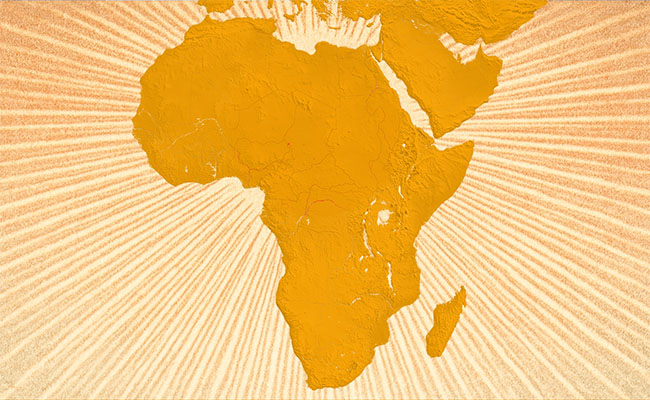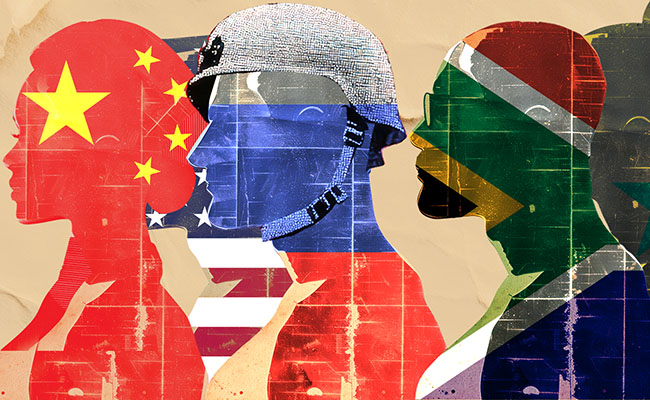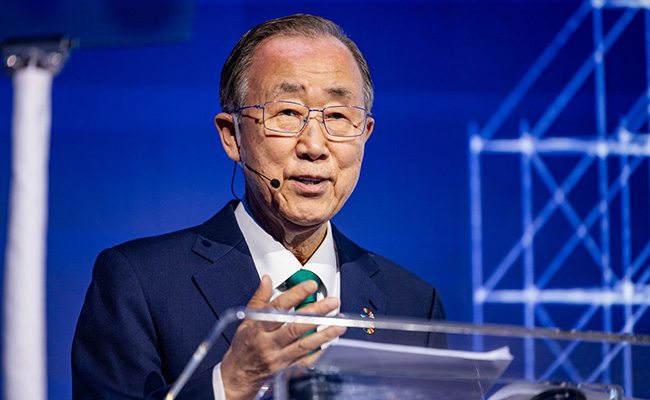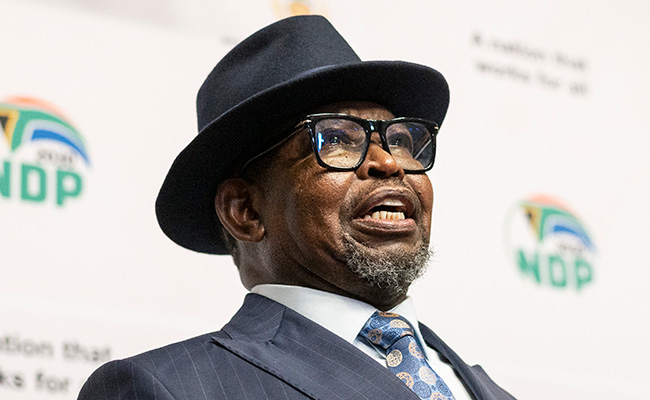On November 8, the White House announced that no US officials would attend this month’s G20 leaders’ summit in Joburg, concluding a year of insidious tensions with an outright boycott and promising to host next year’s summit on “home turf”. The reasons given – allegations South Africa rejects – matter less than the signal: Washington is shifting from universal forums to tighter clubs where it can move faster and worry less about vetoes.
Yuval Harari’s Sapiens offers a handy lens. Modern geopolitics runs on imagined orders; shared stories that let strangers co-operate at scale: money, rules, borders, climate targets. The story now competing with the G20’s “big tent” is club diplomacy: the G7, mini-laterals and ad-hoc coalitions. At exactly the moment the AU finally secured a permanent G20 seat, one of the system’s architects is de-emphasising the table Africa fought to join.
The symbolism stings, but the opportunity is still there, if we know where to look for it.
Standards, sea lanes and a southern route
The US has reframed industrial policy as border policy. This year’s tariff push has already prompted firms to front-load imports and re-write contracts. Europe, meanwhile, prefers rulebooks to walls. Its carbon border levy (the carbon border adjustment mechanism, or CBAM) leaves the reporting nursery and enters the cash economy: declarations for 2026 imports will require CBAM certificates purchased and surrendered in 2027, with prices linked to the EU carbon market. And the EU AI Act begins biting along a staged timeline, turning documentation, human oversight and model risk controls into market-access requirements. Compliance is no longer an afterthought; it is a ticket to trade.
The World Trade Organization’s latest outlook captures the paradox. Goods trade has been upgraded to about 2.4% growth in 2025, helped by an AI-hardware boom and precautionary US buying, but will slow sharply in 2026 as the policy walls take effect. Globalisation isn’t dying; it’s being rerouted through rival rulebooks.
Behind the paperwork sits hard power. Global military spending hit a record $2.718-trillion in 2024, the steepest jump since the end of the Cold War, and wars from Ukraine to the Middle East have turned the Red Sea from a trade corridor into a risk variable. Even with periodic lulls, many carriers still route via the Cape of Good Hope to avoid flare-ups and insurance spikes. For South Africa, that’s leverage; if, of course, our ports can be reliable, faster and cleaner.
Another opportunity is that as Washington doubles down on clubs, the Brics group of nations has widened. After Egypt, Ethiopia, Iran and the United Arab Emirates joined in 2024, Indonesia entered in January 2025, broadening the venues through which the Global South can set terms, seek finance and co-ordinate standards. It’s not a replacement for the G20; it’s another operating system layered on top.
What this means for Africa – Joburg included
First, don’t mistake theatre for substance. A US no-show makes headlines; chairs’ summaries will replace unanimity. But the G20’s working tracks, the AU’s new seat and side-room coalitions still move debt deals, multinational development bank reform and climate-finance plumbing. Africa has more doors to knock on, not fewer.
Second, treat compliance as an export. The quickest way to turn standards into value is to sell mastery of them. A pan-African “compliance hub” that helps SMEs meet CBAM (product-level carbon data, verification, procurement choices) and AI Act duties (risk inventories, documentation, human-in-the-loop protocols) is not a cost centre; it’s a service line.
Third, make the Cape moment count. If carriers continue to hedge away from the Red Sea, South Africa can convert contingency into habit and geography into advantage. That means shore power pilots, transparent port key performance indicators, cold-chain upgrades and green-fuel trials. Reliability wins cargo and emissions cuts win customers who must report embedded carbon.
Fourth, build projects that can actually drink from the finance hose. The new climate goal isn’t self-executing. Projects that are bankable, verifiable and socially legitimate will move first. That means proper measurement, reporting and verification, open contracting and community benefit-sharing built in, not stapled on.
The age of non-alignment is over; the age of non-aligned fluency has begun
The good news is that Africa’s businesses and governments are no longer operating on the geopolitical sidelines; we have an opportunity to step up to lead and compete in a fragmented, hyper-competitive and volatile global landscape. The sophisticated, multi-tool leadership toolkit required to navigate this new reality demands that African leaders master more than diplomacy; they must master dexterity.
This means speaking the language of the G7, Brics and the G20-AU simultaneously while developing the operational and supply chain resilience that prioritises compliance and hardwires ethical, anti-corruption capabilities. Instead of hoping for the best, we can proactively build internal expertise around emerging global standards, such as the EU’s CBAM or foundational AI regulations, and extend that knowledge and compliance readiness to regional suppliers and neighbours.
To ensure the transition is not derailed, ethics must be engineered into public systems through radical transparency, broad participation, and mandated competition to prevent “green” and “digital” initiatives from becoming new channels for state capture.
This strategy can be complemented by a thorough understanding of the “risk triad”. Risk literacy across climate change, biosecurity threats and great-power tensions can be integrated not merely as external factors, but as operating variables baked into capital plans, staff curricula and commercial contracts. These intertwined risks are no longer theoretical; they are the immediate landscape.
Ultimately, navigating this complex terrain relies on anchoring a company’s future in enduring relationship capital. While political cycles fluctuate, true stability is found in trust networks that transcend government mandates. Leaders can actively invest in building durable alliances: forging city-to-city green corridors, establishing robust university-industry skills alliances to future-proof the workforce, and creating standards sandboxes with multiple verifiers.
This commitment to deep, diversified and non-governmental partnerships is the most powerful hedge against global turbulence, ensuring African enterprises can secure sustainable access, expertise and credibility regardless of which global power bloc currently holds the diplomatic stage.
Harari says the winning story is the one enough people believe to act on. The world’s stories are forking: clubs here, standards there, finance trickling somewhere in between. Africa can still author its chapter if it turns ethics into architecture, compliance into competitive advantage and geography into invoice. That’s not rhetoric; it’s the shortest route from summit speeches to jobs.
Jon Foster-Pedley is associate pro vice-chancellor (global engagement, Sub-Saharan Africa) at the University of Reading, UK, and dean of Henley Business School Africa.
Top image: Rawpixel/Currency collage.
Sign up to Currency’s weekly newsletters to receive your own bulletin of weekday news and weekend treats. Register here.













